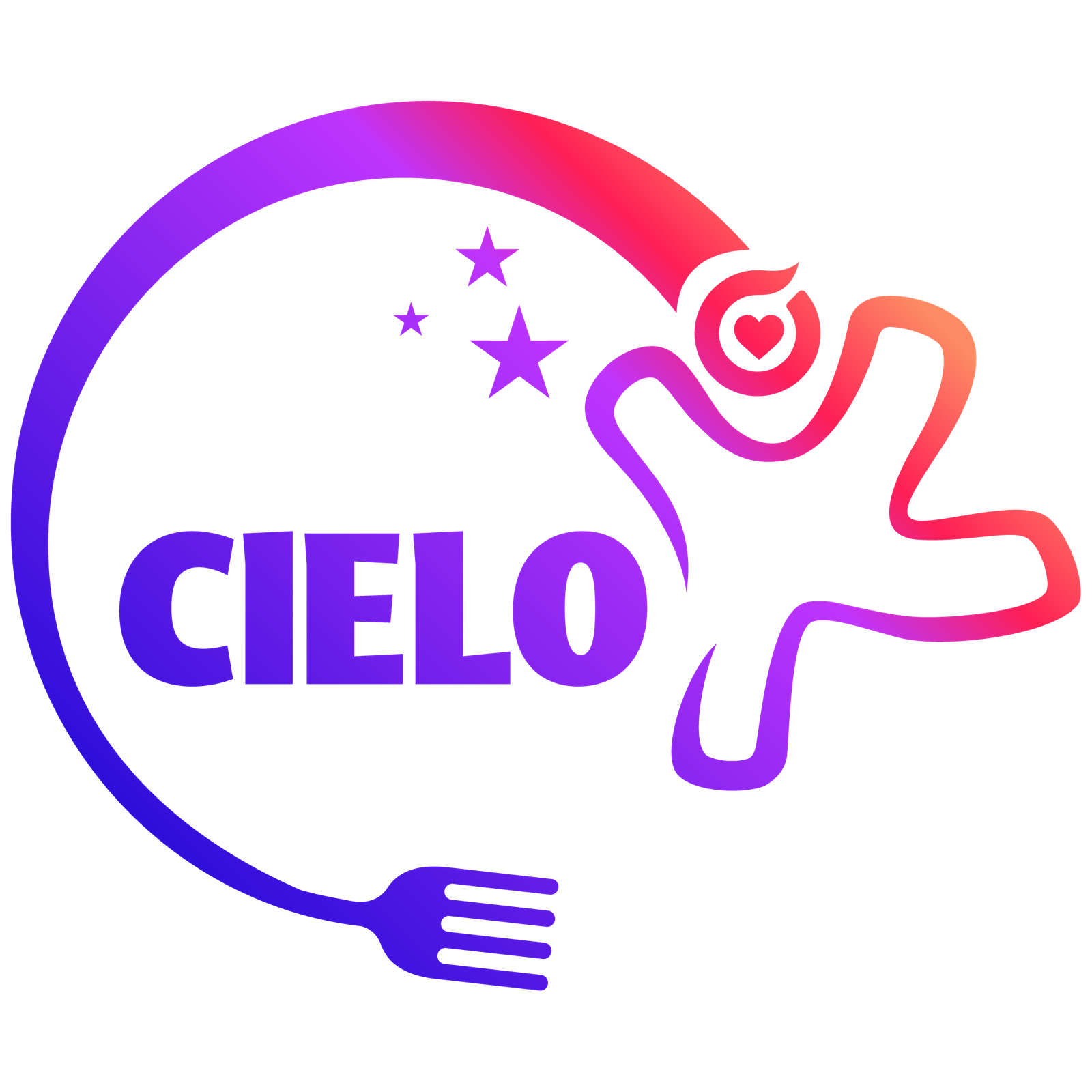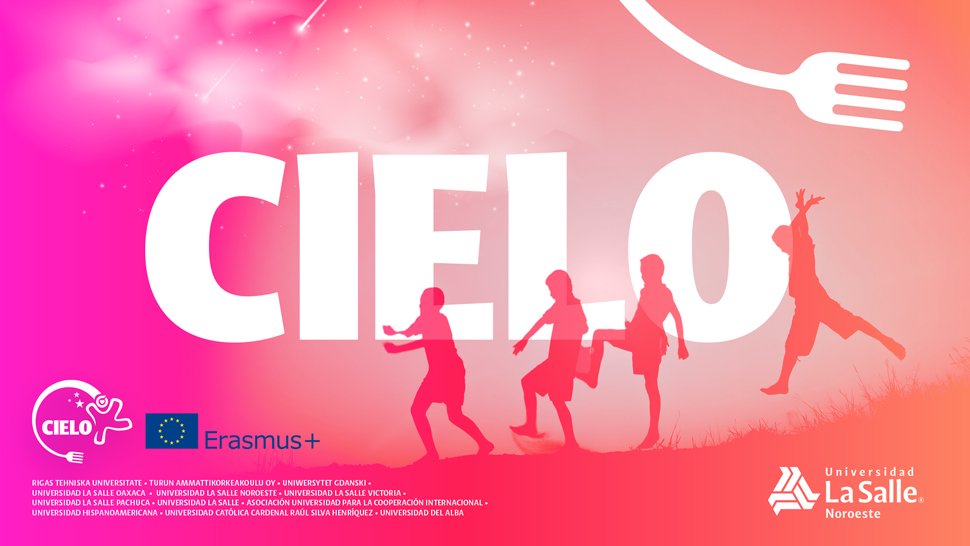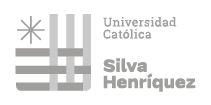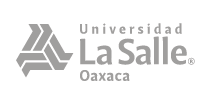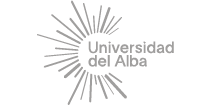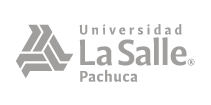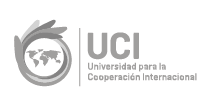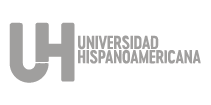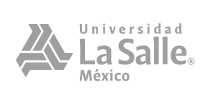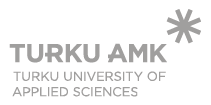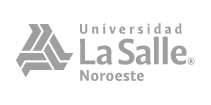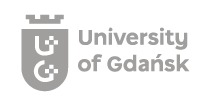The basic principles of epidemiological or other scientific research must adhere to solid deontological guidelines set by the research body and follow ethical principles. These principles include that the research must be justifiable, undergo review, have informed consent from participants, offer direct benefits to participants, maximize benefits while minimizing risks, and address the health needs of the community where the work is conducted.
Given the importance of these principles, the Erasmus+ CIELO project, as a first step in its implementation, focused on complying with the rigorous ethical standards required for high-level scientific research.
The first task of Package 2, the team responsible for the project’s foundation, was to reach a consensus on the CIELO research protocol among all the partnering Latin American universities, by developing and using already validated questionnaires. This was essential in order to present the project to the Ethics Committees of the respective countries and obtain their approval.
The established timeline was eight months from the start of the project, which meant obtaining all necessary approvals for the instruments to be used for mapping the competencies of health professionals, as well as students and teachers from the universities, as outlined in the protocol, by March 2024 from the respective Ethics Committees. The project leadership requested an extension from Erasmus+ until May. In that month, the protocol, along with its respective measurement tools, was approved by the Ethics Committees of the various Latin American partner countries (Chile, Costa Rica, and Mexico).
With the approval of the protocol and its corresponding tools, the project achieves its first milestone. This significant step allows the partner universities to continue their efforts to build an innovative curriculum to prepare frontline health and education professionals.
